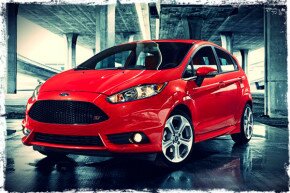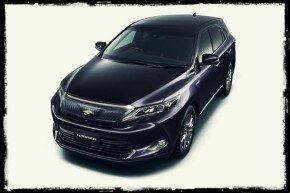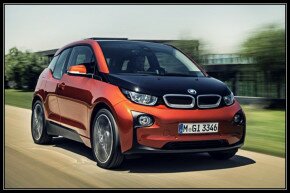2014 Audi A7 Hydrogen Fuel Cell-Powered Car
 |
The hydrogen fuel cell-powered Audi A7 will go into testing this August. The automaker has denoted its electric powertrain vehicles with the “e-tron” suffix and “g-tron” for its synthetic natural gas-powered models.
Hydrogen is always a great alternative to fossil fuels, so development of the car with a fuel cell technology is not surprising. Until now, BMW made a decisive step forward using this technology in its vehicles, forcing the Mercedes and Audi to take a similar path.
Fuel cells generate electricity and heat through an electro-chemical reaction between a fuel and oxygen. In automotive applications they typically use hydrogen as the fuel and oxygen from the ambient air, so the only by-product is water.

The electricity produced can be used to charge a battery, or to directly drive electric motors for propulsion, while the waste heat can be captured for thermal systems or additional electricity generation via thermocouples.
It’s not the first time that Audi or the Volkswagen Group has trialled fuel cells. In 2009, Audi tested the Q5 HFC, which used two high-pressure cylinders of hydrogen to supply a fuel cell powering the Q5 HFC’s twin electric motors.
Hydrogen-powered vehicles, which only emit water, are desirable to manufacturers looking to bolster their green credentials. Fuel cell vehicles can also be refuelled quickly, unlike electric vehicles, which take time to charge.
Alternative fuels – including hydrogen and natural gas – are of particular interest to Audi and will remain so until battery technology improves and charging infrastructures expand.
The lack of an established hydrogen infrastructure, however, may prove to be a similar stumbling block for the technology.

The A7 may try to make up for the lack of convenient hydrogen filling stations by using an onboard battery and regenerative braking to extend its range.
It’s also more than likely that the A7 will remain a prototype. Remember that Audi built the R8 e-tron to see if an electric supercar was technically possible, but shelved it because it didn’t make much sense as a production car.
The A7, which will begin trials in August, will likely serve a similar purpose. It will test the capabilities of fuel cells, giving Audi yet another green tech option for the future. This sleek five-door will also, it has to be said, look damn good doing it.

This isn’t a breakthrough for Audi, though, as it has tested hydrogen power before with its 2009 Q5 HFC model. The Q5 HFC used a hydrogen fuel cell to create electricity, which in turn powered two onboard electric motors, which then propelled the vehicle forward. There’s no word yet on how exactly the A7 is powered but the system is likely similar.
What is great about the hydrogen Audi A7 is its size and luxury. The aforementioned Mercedes was based upon its B-Class, which is rather small. Hydrogen is more likely to be adopted by the wealthy, as the technology is still rather expensive. Asking buyers to pay a lot for a cheap car with expensive bits fitted to it is silly. Instead, ask them to pay a lot for a really nice car with expensive bits.














Leave a Reply